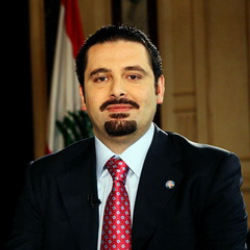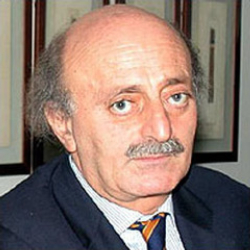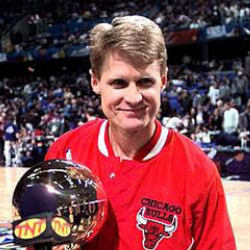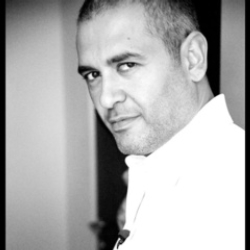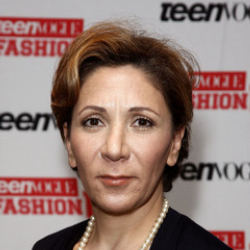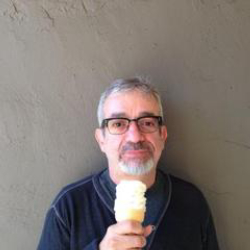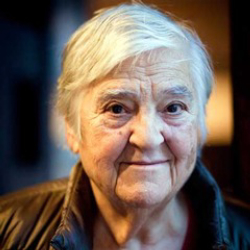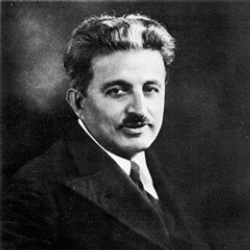Nassim Nicholas Taleb Quotations
Nassim Nicholas Taleb Quotes about:
-
-
-
-
-
-
-
-
Writing Quotes
If I ask you to write down the last 4 digits of your social security number, and then take you out to lunch and ask you how many dentists there are in Manhattan, there's going to be a high correlation between those two numbers. What happens is that the number psychologically makes you feel confident.
-
-
-
-
-
-
-
-
Thinking Quotes
We have this culture of financialization. People think they need to make money with their savings rather with their own business. So you end up with dentists who are more traders than dentists. A dentist should drill teeth and use whatever he does in the stock market for entertainment.
-
-
-
-
-
-
-
-
-
-
-
-
-
-
-
-
-
-
-
-
-
-
-
-
-
-
-
-
-
-
-
-
-
-
-
-
-
-
-
-
-
-
-
-
-
-
-
-
-
-
-
-
-
-
-
-
-
-
-
-
-
-
-
-
-
-
-
-
-
-
-
-
-
-
-
-
-
-
-
-
-
-
-
-



